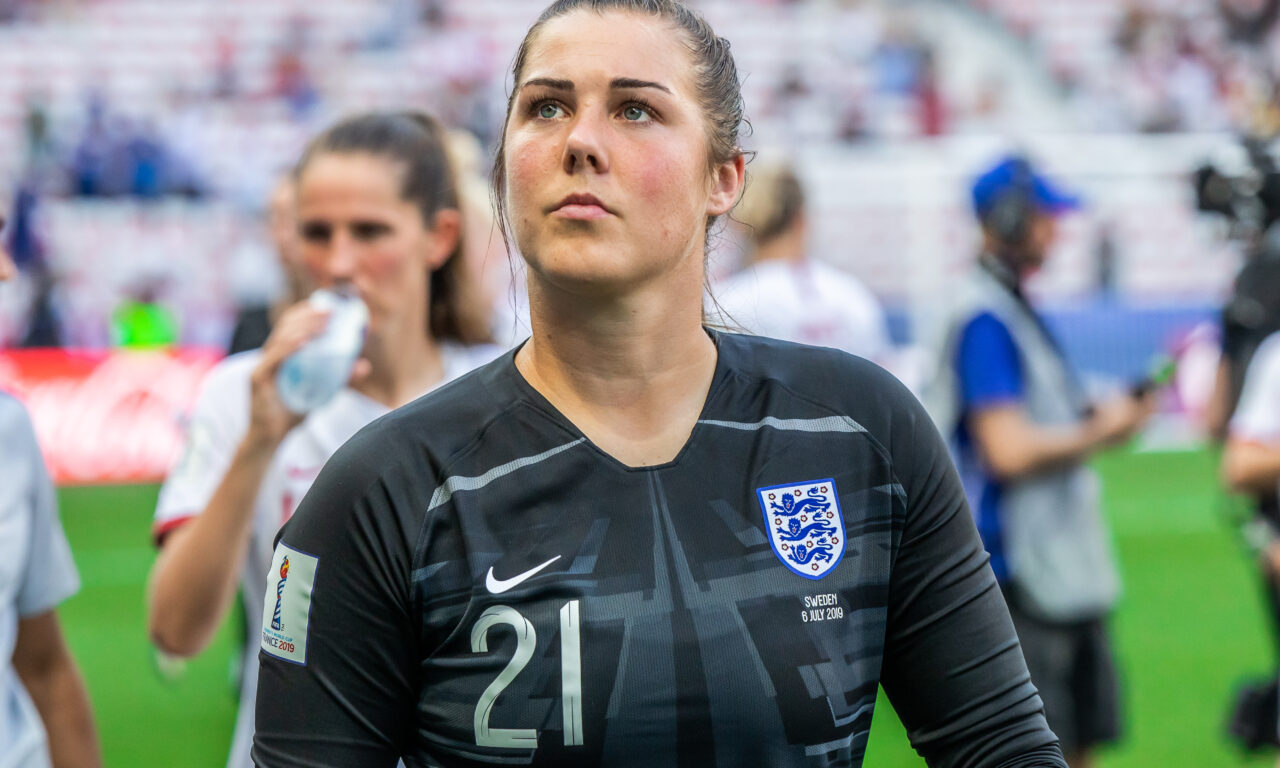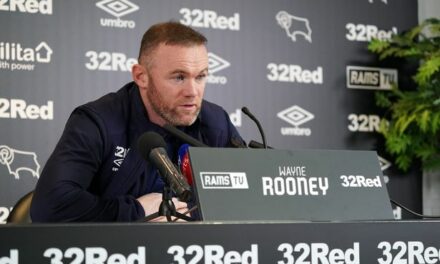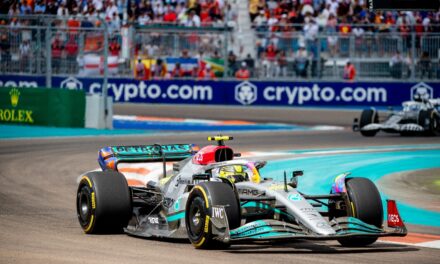Contradicting campaigns: Nike’s decision not to sell women’s goalkeeper kits

Last week, England goalkeeper Mary Earps said that the decision by Nike not to make her goalkeeper kit available for fans to purchase was “hugely disappointing and hurtful.” While Nike have been extremely active in promoting women’s sports through sponsorship and kit supply, this misstep suggests the brand still has catching up to do. In this article, we look at what why this decision has caused frustration and why it always pays to provide.
Nike has no current sponsorship of female goalkeepers, with reports suggesting goalkeeper kit — which differs from outfield players — is not part of the company’s commercial strategy. With significant pushes to equalise men’s and women’s sport, any exclusionary behaviour on the part of sponsors is inevitably underlined. More than that, it does not appear to make obvious commercial sense. Earps’ Manchester United kit sold out last season via the club’s outlets. She was named the Best FIFA Women’s Goalkeeper of 2022 and England’s Lionesses have seen a surge in popularity since winning the 2022 Euros. That Earps was told one-off manufacturing issues caused her kit to go unsold during the Euros only adds to the mismanaged sponsorship situation.
It is worth noting that Nike have created 11 different adverts for their World Cup campaign. Its ‘What the Football’ advert draws culturally relevant inspiration from the film ‘Everything Everywhere All At Once,’ and mirrors the multiverse theme seen in the brand’s campaign with the Men’s World Cup last year. The brand has also released ‘The United Pack’ - a sustainable boot collection designed especially for the players. To sum up: Nike is certainly busy promoting women’s football.
But that commitment at the sponsorship level, which extends to the USA and Australia women’s teams, makes the decision over keeper’s kits yet more baffling.
Three takeaways
- Expressing commitment to equality through sponsorship leaves no room for imbalance. Any lapse in that intent sticks out, so brands must be ready to listen to their audiences.
- Sponsorship can be deployed to make up inequalities: are there any brands interested in sponsoring an England women’s goalkeeper kit in response? If not, why not?
- With Adidas having secured sponsorship of the event since 2013 (Official Match Ball Supplier, Uniform Provider, Official Partner), Nike must consider where they can be useful. Adidas are not able to provide goalkeeper kits at the moment either. If Nike was to reverse their decision, the positive press could simultaneously provoke scrutiny of their main competitor.
Conclusion
Judgemental oversight on Nike’s part is currently undermining their efforts in equality. It’s a lesson in sponsorship: the worst thing brands can do is be seen to contradict expressed ambitions. The worst thing they can do from there is ignore concerns.
To read more about why now is the right time to invest in women's sports, click here.








